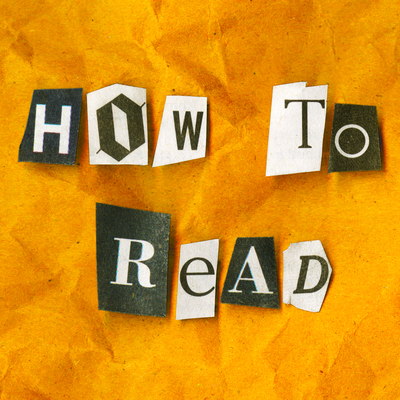Many poems speak to a “you” who is not you the reader. And when a poem addresses an inanimate object – like an urn or even a bar of soap – it’s especially clear that readers aren’t being addressed directly. But Jonathan Culler argues that these poems do address their readers, it’s just indirect. Poems that address goddesses, fictional characters and even inanimate objects allow readers to relate to the “you” and the “I” of a poem in complex, fluid and surprising ways.
Bonus clip
Click here to listen to a bonus clip of Jonathan discussing how a Robert Frost poem illustrates the differences between reading poetry and reading novels.
Works mentioned
– Sappho, “Ode to Aphrodite”
– Horace, “Ode 1.11”
– John Keats, “Ode on a Grecian Urn”
– Percy Shelley, “Ode to the West Wind”
– Pablo Neruda, “Ode to a bar of soap”
– John Keats, “This Living Hand”
– Kenneth Koch, New Addresses
– Robert Frost, “Stopping by Woods on a Snowy Evening”
Further reading
Francesco Giusti at Los Angeles Review of Books – The Lyric in Theory: A Conversation with Jonathan Culler
Helen Vendler at the New York Times – ‘Invisible Listeners’
Joe Sommerlad at the Independent – Burns Night: How to address your haggis
Ilan Stavans at FSG Work in Progress – Poetry and Simplicity: The Odes of Pablo Neruda
Sarah Larson at The New Yorker – “Everything Is Alive” and the Joy of Interviewing Inanimate Objects
Forrest Wickman at Slate – Cinema’s Most Menacing Inanimate Objects (And Why They’re Out to Kill Us)
Helen Hofling at Electric Literature – Dear Ramekin: Letters to Inanimate Objects
